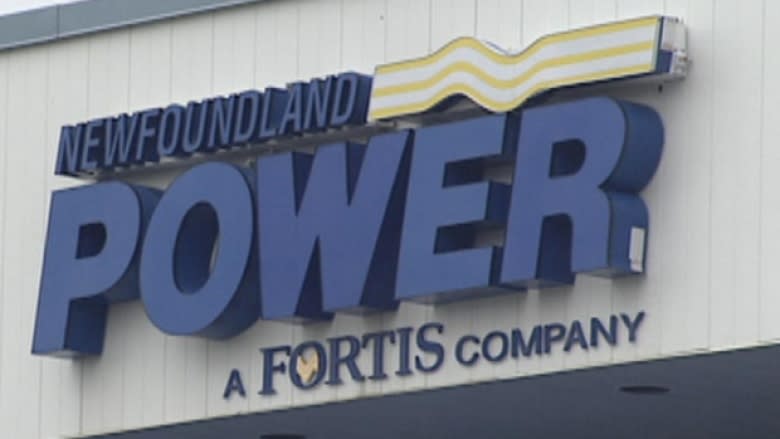Customers on the hook for Newfoundland Power legal bills
The province's consumer advocate says people deserve more information about a long-standing legal dispute between Newfoundland Power and the City of St. John's that is costing ratepayers money.
Dennis Browne says the roots of the disagreement go back to the 1940s, when the city needed electric power to run its streetcars, and a utility partner to build the plant.
"The Mobile watershed area was an area which could produce electricity," explained Browne. "So the predecessor company [of Newfoundland Power] put a facility there to generate electricity on land which was owned by the city."
The city signed a 47-year lease with the company that evolved into Newfoundland Power. The lease included a termination clause, which would allow the city to reclaim the land and any infrastructure the power company had built on it.
In 2006, the city gave the required three-year notice it would exercise the termination clause, with the understanding it would have to compensate Newfoundland Power for the value of the assets it installed on the site.
How much is it worth?
The problem is, the two sides can't agree on how much compensation the city must pay.
The city says it should pay only for the value of the physical structures currently producing electricity. The company says it should be compensated for the value of its business as a whole, including maintenance and improvements over the years.
"Newfoundland Power kept it up in terms of the operations of the facility and building structures on the facility," said Browne.
"But it's actually the ratepayers who kept it up," he continued. "So we're into a dispute now, and the city and Newfoundland Power have gone to arbitration. Then issues went to the court of appeal and now it's back to arbitration. It's been a lot of legal bills that have accumulated."
Browne said it's also the ratepayers who are covering the utility's legal bills in this case, although there's no public information available about how much customers have paid.
"We're interested in this because if a cheque is forwarded from the city to Newfoundland Power after the arbitration, whose money is that and how should that be applied?" he said.
"Should it be applied to Newfoundland Power's existing demands for its operations, bringing down, ultimately, cost for its consumers, or will Newfoundland Power claim it should go directly to their shareholders? There are outstanding issues."
Browne said while the Public Utilities Board may be aware of what's transpiring, there's been no information released to the public.
"They're the overseer of all things utility in the province. Our concern is people should be made aware this is going ahead. Inform consumers about what's happening, and what outcomes are possible in terms of rates and in terms of shareholders. What is Newfoundland Power's case on this?"
The board, the City of St.John's and Newfoundland Power all declined to comment.



